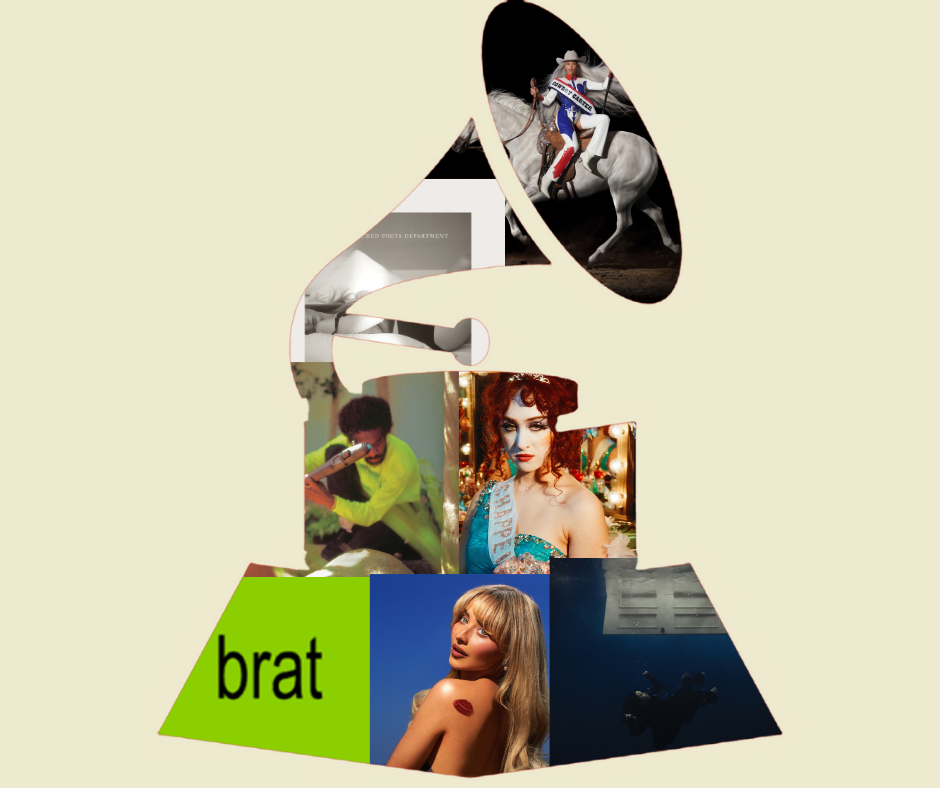“The Last Wish” is a collection of short stories that serve as the widely accepted entry point to Polish writer Andrzej Sapkowski’s wildly successful Witcher series.
The anthology follows the titular Witcher Geralt of Rivia through various adventures, framed through a lengthy recovery at a monastery.
Perhaps one of the most obvious tricks of this particular work is the faux fairy tale retellings that make up the foundation of most of the stories.
Be it the thinly veiled Beauty and The Beast allusions in a grain of truth, the character of Snow W- I mean Renfri from a lesser evil, or the various genie legends that govern the antagonist of, “The Last Wish.”
Like many storytellers before him, Sapkowski’s solid chops in plot and prose eventually come into conflict with his ambition.
That is not to say weighty philosophical topics derail simple spell sword adventures, but rather, that very basic morals are often imbued with an apocalyptic weight they do not deserve.
Take for example, a lesser evil, which, and only indulging light spoiler, is based around Geralt discovering that his fence-sitting ways cannot always be abided by.
He spends the whole story disparaging those who feel that they have to choose between the lesser of two evils, before being forced to rapidly make a similar decision himself at the end of the story and is subsequently hated for it by the people he was trying to protect.
To call this particular moral ham-handed is giving it far too much credit.
The other major flaw with this collection, though no fault of the author’s own, is nonetheless equally as infuriating. That issue would concern the translation.
As was previously mentioned, the Witcher is a property native to Poland.
Now any work in a foreign language is inevitably going to fall prey to at least some phonetic failings, but that doesn’t change the fact that the loss of some of the nuances and power of the original prose is sorely felt.
Considering that Sapkowski likes to end his story on turns of phrase that often echo some pretty major dramatic irony.
The few but noticeable holes in an otherwise fine translation result in many of Geralt’s adventures ending with a seeming wet thud rather than the ceremony they deserve.
But despite some undercutting, the titular Witcher proves to be one of the more interesting lone swordsmen of the fantasy genre.
His tales often feature just the right amount of humor, romance and action, while the best also incorporate an appropriate amount of horror.
The only real complaint to be found with the character is that his philosophical musings often bring to mind fantasy pioneer Elric of Melnibone.
While the thin white duke is not bad company to keep by any means, much of the ground Sapkowski is just charting out in this inaugural work was mastered by Michael Moorcock in his iconic 70s saga.
While some unwelcome comparisons to betters are conjured up, Andrezj Sapkowski’s introduction to the world of The Witcher paints a vivid picture of a setting reminiscent enough of Tolkein and Jordan to get the reader comfortable, but alien enough to encourage further reading.
If the aforementioned kinks can get ironed out, further reading will no doubt unveil a series every bit as deserving of the popularity these novels have received.










